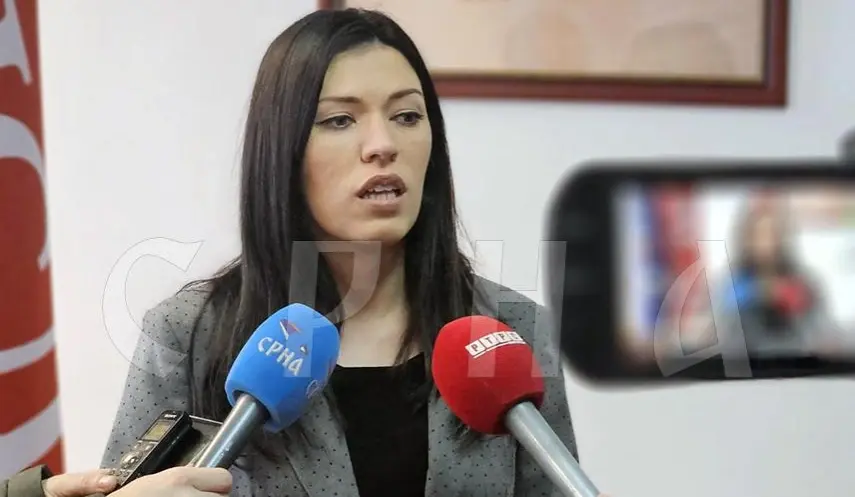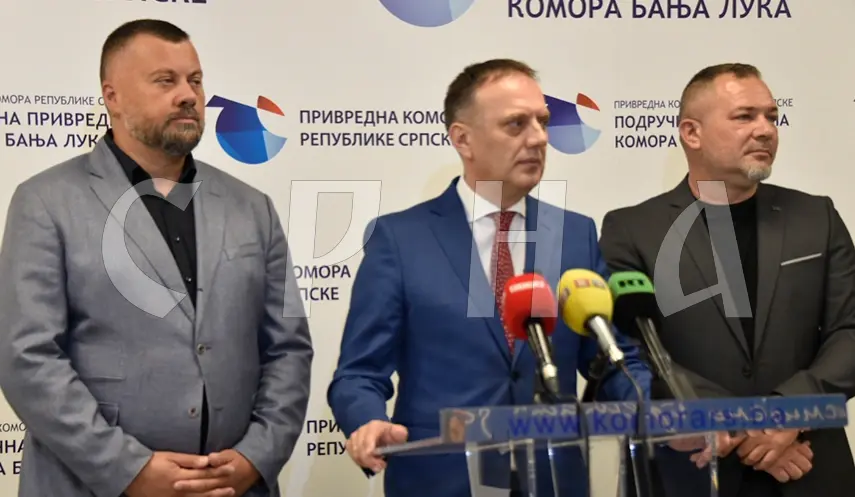EIGHTY-YEAR-OLD ILIJA SIMIĆ MASSACRED IN THE SREBRENICA VILLAGE OF KRNJIĆI
BiH - Middle Podrinje - crimes against Serbs /8/
07/09/2025
09:36

SREBRENICA, JULY 9 /SRNA/ - Muslim soldiers massacred eighty-year-old Ilija Simić, the grandfather of Radovan Simić from the Serb village of Krnjići in Srebrenica, and they brutally killed Radovan's brother Veljko and his cousins Nedeljko and Dragutin 33 years ago.
In the attack on Krnjići on July 5, 1992, Muslim forces under the command of Naser Orić killed 17 Serb civilians, including six women. In total, they killed 24 Serbs during the war in that village.
The criminals found the elderly Ilija Simić with a stick in his hand and a Serbian hat on his head in his house, where they killed him.
On the fateful 5th of July, the executioners also killed the eighty-year-old, immobile, retired village teacher Vaso Parača, whose body was burned in a fire lit in the house by his former students.
The surviving villagers of Krnjići say that on that tragic day, in addition to teacher Vaso, the Muslim forces killed the school principal from Skelani Rade Trimanović and the old woman Soka Vujić, and the priest Slobodan Lazarević was killed while performing a religious ceremony.
Some of the victims were found only 15 or more days after the murders, in a decomposed state.
Unlike previous raids on Serbian villages at dawn, the attack by Muslim forces on Krnjići began around 10:00 a.m. while the locals were in their homes preparing for agricultural work, according to the book "Testimony about the Unpunished Crime against Serbs in Podrinje".
That day, all the houses, the school, the cooperative house and other buildings were looted and burned, and the church in the village was desecrated. All the Serbs who could not escape were killed.
The crime against the Serb population in Krnjići was committed by Muslim forces from surrounding villages and under the command and with the assistance of numerous units from Srebrenica commanded by Naser Orić.
Ethnic cleansing was carried out here too, which Muslim forces began in this area in April 1992, and continued after the crimes in this village.
Before the war, there were about forty Serb households in Krnjići, and now there are no conditions for return to this village. The road to the village has not been rebuilt, nor have the houses.
Family members of the murdered say that the injustice hurts the most because the international and BiH judiciary remained deaf to these crimes and blind to the tears and black scarves of Serb mothers.
Former fighters and surviving relatives of the murdered Serbs from this village say that this suffering will not be forgotten, because the story of the victims is being passed on to younger generations.
They pointed out that no more justice can be expected from the Court of BiH, given past experiences, which the younger generation should know and not allow something similar to happen to them as well. /to be continued/

DODIK: REPUBLIKA SRPSKA REMAINS COMMITTED TO THE CONSTITUTION AND THE DAYTON PEACE AGREEMENT

SRPSKA - SVERDLOVSK REGION GOVERNMENTS COOPERATION FORMALIZED

VULIĆ: BORENOVIĆ LEADING PERSONAL OBSESSIVE CAMPAIGN AGAINST MILORAD DODIK




